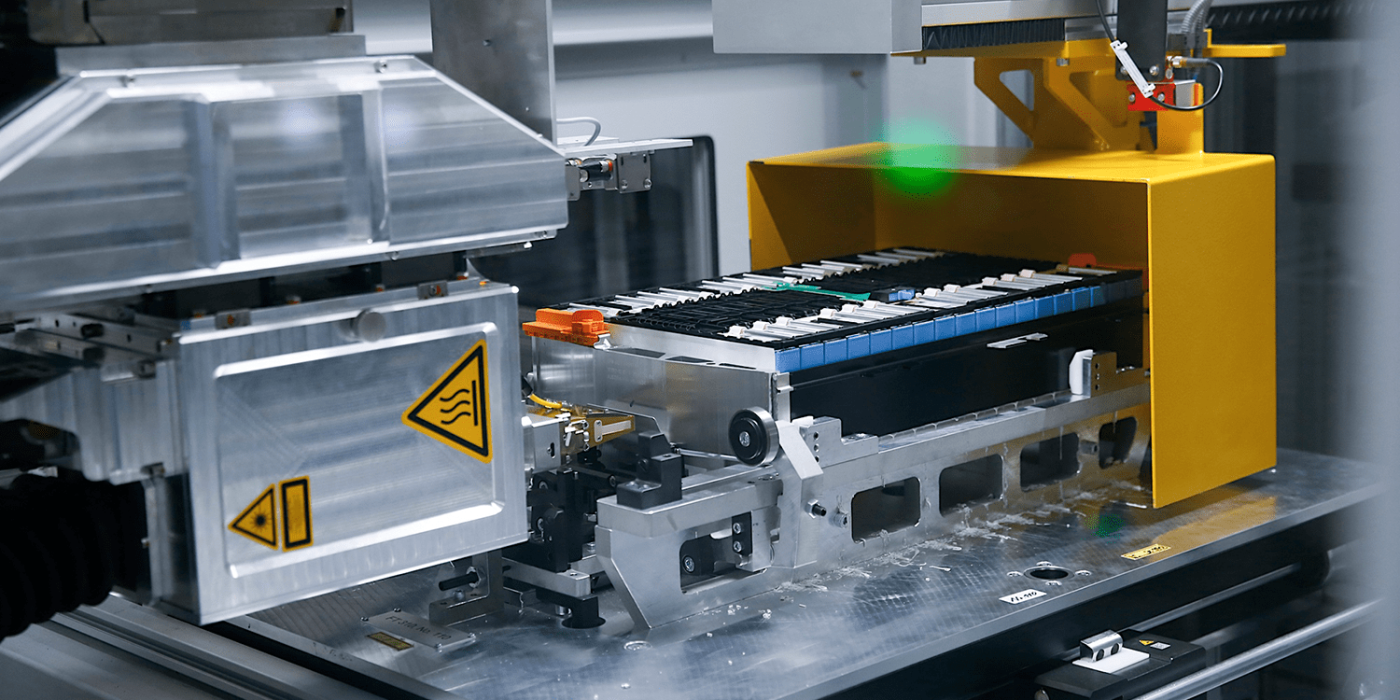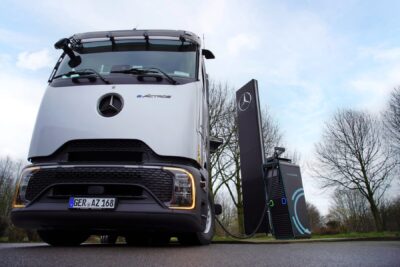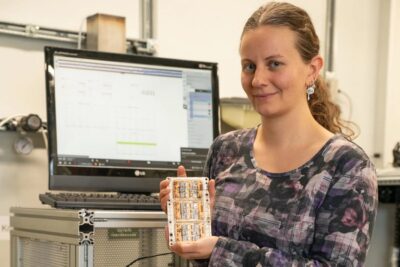EU approves next large IPCEI for ‘European Battery Innovation’
The European Commission has approved a second project under EU state aid rules to support research and innovation in the battery value chain. Several German companies will benefit from this, but also Tesla.
The project, called ‘European Battery Innovation’, counts as an important project of common European interest, an IPCEI in short. It was prepared and notified jointly by Austria, Belgium, Croatia, Finland, France, Germany, Greece, Italy, Poland, Slovakia, Spain and Sweden. The twelve Member States will provide funding of up to 2.9 billion euros over the next few years. The IPCEI project will involve 42 companies, including Tesla, BMW, FCA, Northvolt, ElringKlinger, Manz, and many more.
The EU Commission said that the companies would work closely together in nearly 300 planned collaborations and with more than 150 external partners such as universities, research institutes and SMEs across Europe. The overall project is expected to be completed by 2028, but each sub-project will follow its own timetables.
The aforementioned 2.9 billion euros in public funding is to be complemented by private investment of nine billion euros – three times the public support. “For those massive innovation challenges for the European economy, the risks can be too big for just one Member State or one company to take alone,” says EU Competition Commissioner Margrethe Vestager. “So, it makes good sense for European governments to come together to support the industry in developing more innovative and sustainable batteries. Today’s project is an example of how competition policy works hand in hand with innovation and competitiveness.”
Vice-President Maroš Šefčovič, responsible for the European Battery Alliance, said: “Thanks to its focus on the next generation of batteries, this strong pan-European project will help revolutionise the battery market. It will also boost our strategic autonomy in a sector vital for Europe’s green transition and long-term resilience. Some three years ago, the EU battery industry was hardly on the map. Today, Europe is a global battery hotspot.”
Within the framework of the two IPCEIs – the first IPCEI coordinated by France was approved in December 2019 – the German Federal Ministry for Economic Affairs and Energy alone intends to provide up to three billion euros. Again, across both IPCEIs the German Federal Ministry for Economic Affairs and Energy expects to have triggered private investment of more than 13 billion euros. The German Ministry estimates that several thousand skilled jobs will be created.
With the approval of the aid, the way is now clear for the Ministry of Economic Affairs funding for the battery projects of a total of eleven companies: ACI Systems, Alumina Systems, BMW, Cellforce Group, ElringKlinger, Liofit, Manz, Northvolt, SGL Carbon, Skeleton Technologies and Tesla.
ACI Systems is working on a water-neutral and competitive process to produce lithium from brine with minimal CO2. Alumina Systems is developing battery cells based on Na/NiCl2 technology and piloting their production. BMW, which was already funded in the first battery IPCEI, wants to develop the next generation Li-ion cells, including solid-state batteries, in the second IPCEI.
The Cellforce Group’s project involves the development of future-proof high-performance battery cells of outstanding quality. ElringKlinger wants to develop and industrialise an innovative cell housing design. Liofit from Kamenz wants to apply the circular economy principle to Li-ion batteries for micro-electromobility (pedelecs, e-scooters).
The automation specialist Manz wants to develop highly efficient machines and processes for the fully automated production of lithium batteries in the project “Lithium Battery Factory of the Future”. Northvolt wants to support the development of a competitive European value chain for batteries. Here, the Swedish company is apparently looking into building another battery factory in Germany and the project with Volkswagen in Salzgitter. The German Federal Ministry of Economic Affairs is still making its investment decision dependent on this.
With reporting by Sebastian Schaal, Germany.





0 Comments